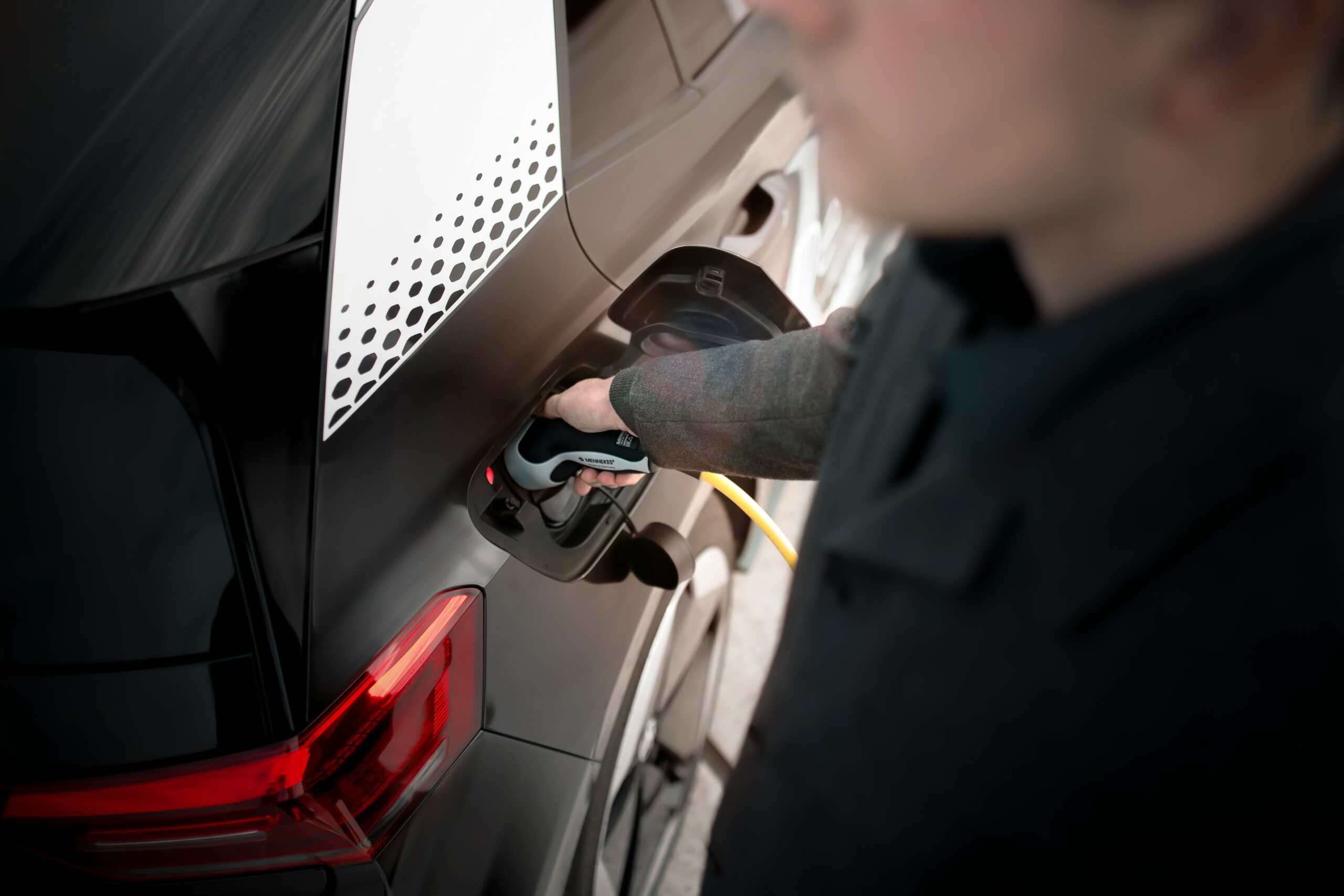The global electric vehicle (EV) business continues to move in earnest as private companies and world leaders grapple with climate change. Niche startups are opening almost yearly, and regulations continue to be revised and passed to meet carbon neutrality goals. Here are three of the top EV stories from the last few weeks.
1. International Transportation Foundation Report
The report points out how developed economies (Europe, the United States, and the United Kingdom) are spurring the secondary EV market as some end their first life. The International Transportation Foundation (ITF) says that these cars can find secondary use in emerging economies like Eastern Europe. Used EVs are still functional cars, and while some will require battery replacement, they are still important to reaching green transportation goals.
“Since fleets in emerging economies heavily rely on the import of used vehicles, their fleets will electrify through imported EVs rather than new sales,” the ITF report said.
“That requires that developed economies export their vehicles and that emerging economies have an appropriate demand for EVs and import them.”
Norway was cited as the country with the greatest import of EVs and associated technology. As of 2022, the Scandinavian country has a high registration rate for electric cars (94.8%). It has been one of the leading importers of e-mobility since 2010, causing Norway to ditch diesel and other internal combustion engine vehicles.
The country exports several gas-powered cars, but this could change as many first-gen EVs are coming to the end of their lives. Used EVs will likely end up in Africa, Central Asia, and the Middle East.

Photo Courtesy Christian Lue
2. EU Proposes End-of-Life Vehicle Regulations
The European Union (EU) passed regulations about the proper disposal of EVs at the end of their life and the selling of used ones. The laws are supposed to create a circular EV economy to reduce battery waste and save critical minerals for future electric cars. Hindrances include poor disposal methods, a dependency on imported minerals, vehicle theft, and a lack of political oversight and cooperation.
The EU wants to change that. New guidelines establish more circular practices. New EVs must use at least 25% recycled plastic in design, and manufacturers must declare how much recycled material they use. Cars will also be required to meet several reusability, recyclability, and recoverability rates.
Automakers must also exercise more governance over their supply chains to reduce emissions and waste and boost their cooperation with recyclers.
EV parts like anodes, battery components, and powertrains must be recovered for reuse, ensuring that 30% of plastics are recycled. The laws will cover more vehicles, including freight trucks (or lorries), buses, motorcycles, and other roadworthy heavy-duty vehicles.
More vehicles must also be treated at EU-authorized facilities, and only roadworthy heavy-duty vehicles may be exported. According to the EU, it would result in 12.8 million metric tons less carbon emitted and 3.8 million more light-duty EVs on EU roads by 2035.

Photo Courtesy Nyobolt
3. Prototype Can Charge To 80% In Under Five Minutes
Nyobolot, a U.K.-based battery startup, is introducing an incredibly fast-charging coupe that can go from 10–80% battery in just over four and a half minutes.
Once connected to a 350-kilowatt direct-current fast charger, the Nyobolt takes little time to reach full battery capacity — about the same time it takes to fill up gas.
InsideEVs reported that in 2021, Nyobolt received $10 million in fundraising and began collaborating with CALLUM, the engineering firm founded by a former Jaguar employee. Cold plates run a water/glycol mix, and an AC compressor and condenser keep the battery module temperature cool. Limited heat is generated from the lithium-ion-based battery pack. Lab testing proved that all battery cells kept up to 80% of their charge after the fast-charging cycles.
Nyobolt has inked some deals with car companies that are interested in its technology. It’s too early to tell how these will affect the development of a novel EV prototype, but this latest car suggests it’s more than possible to get a fast-charging EV that mimics a gas pump experience.





